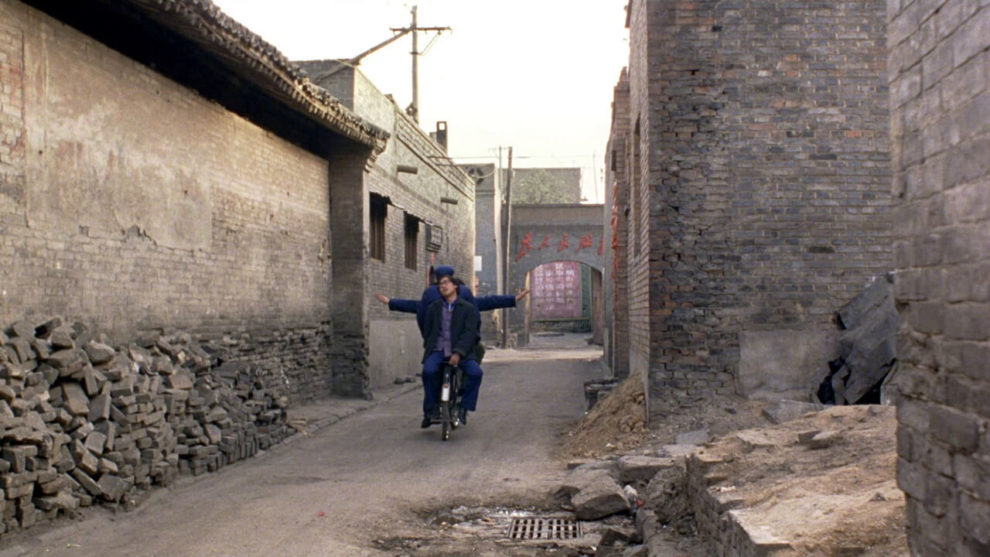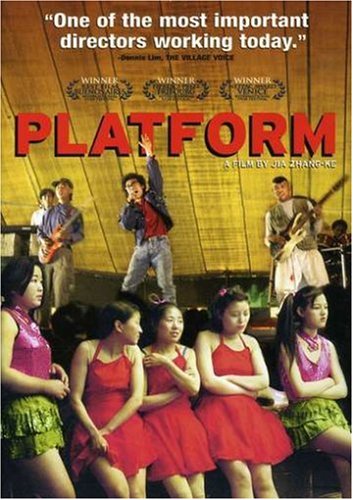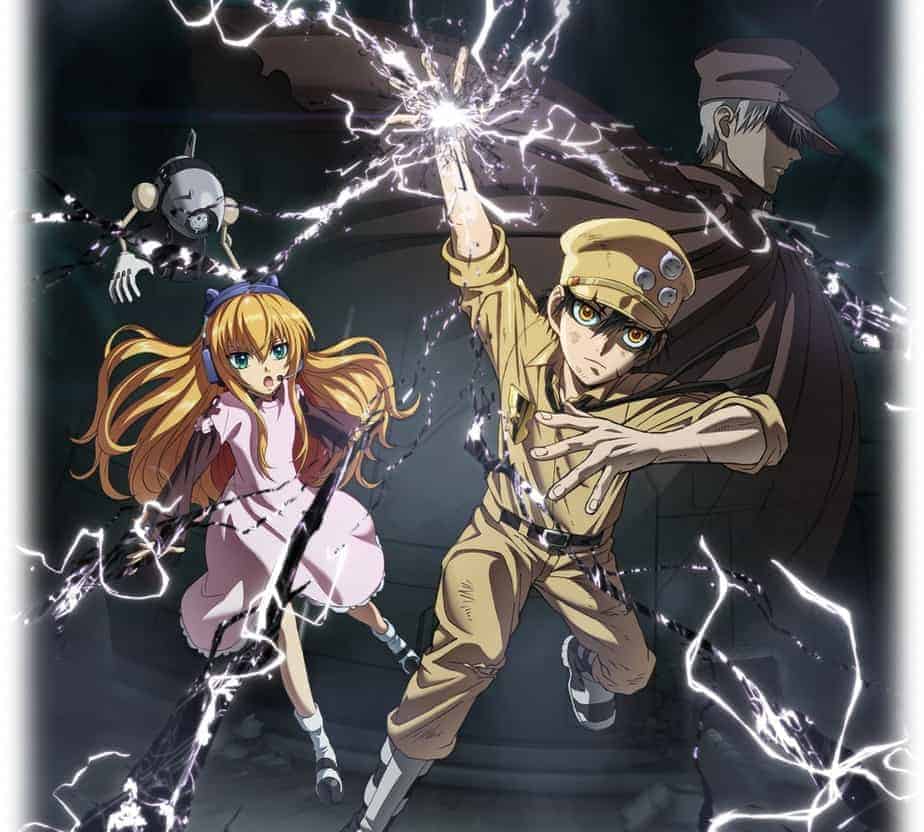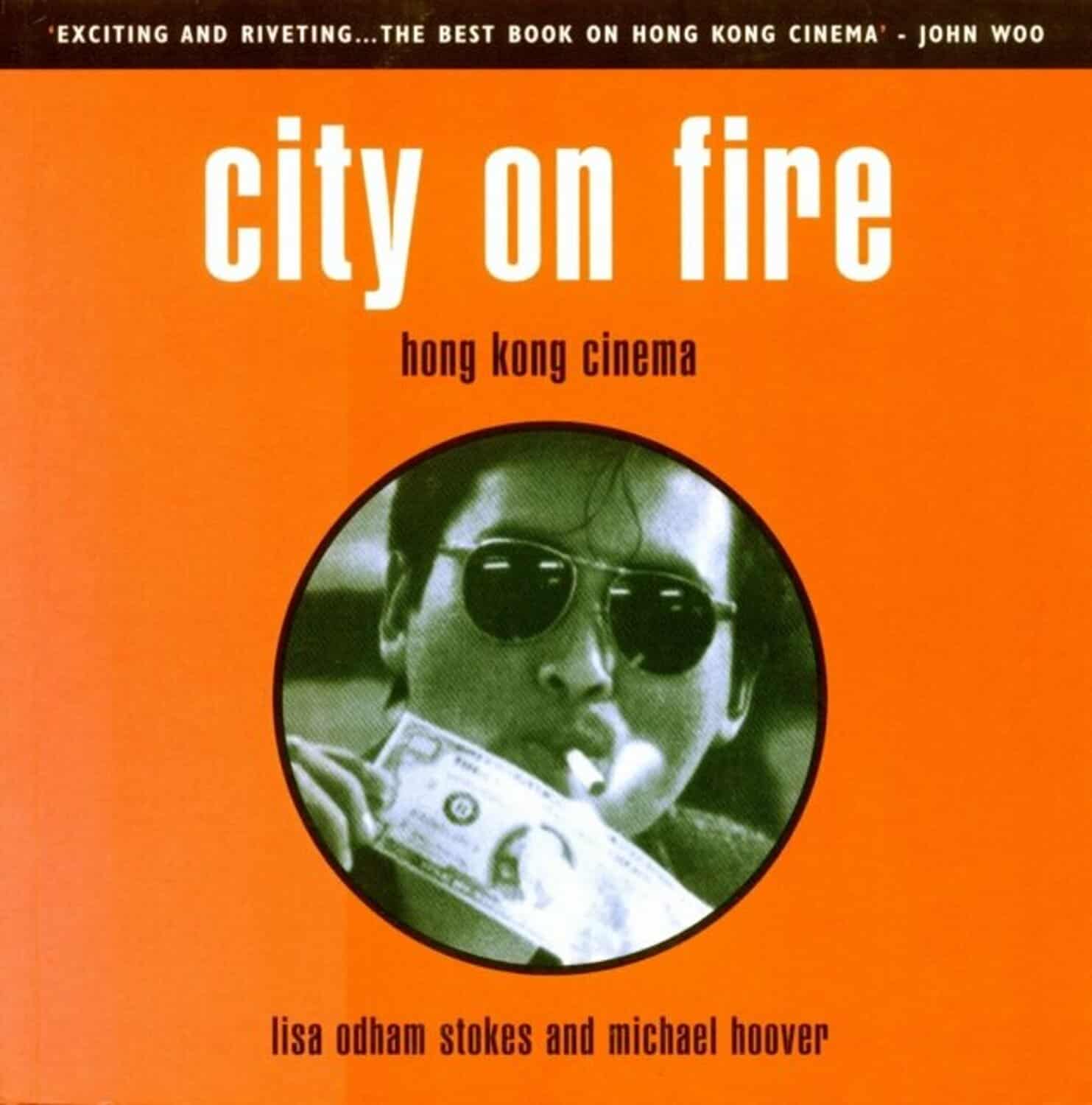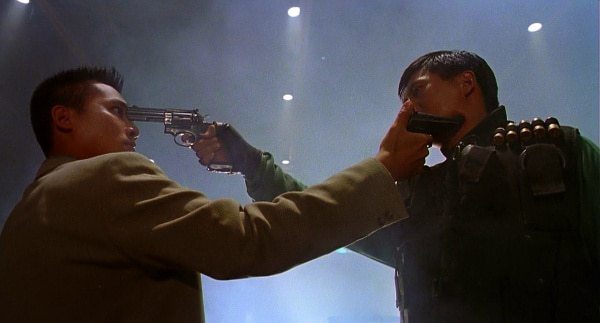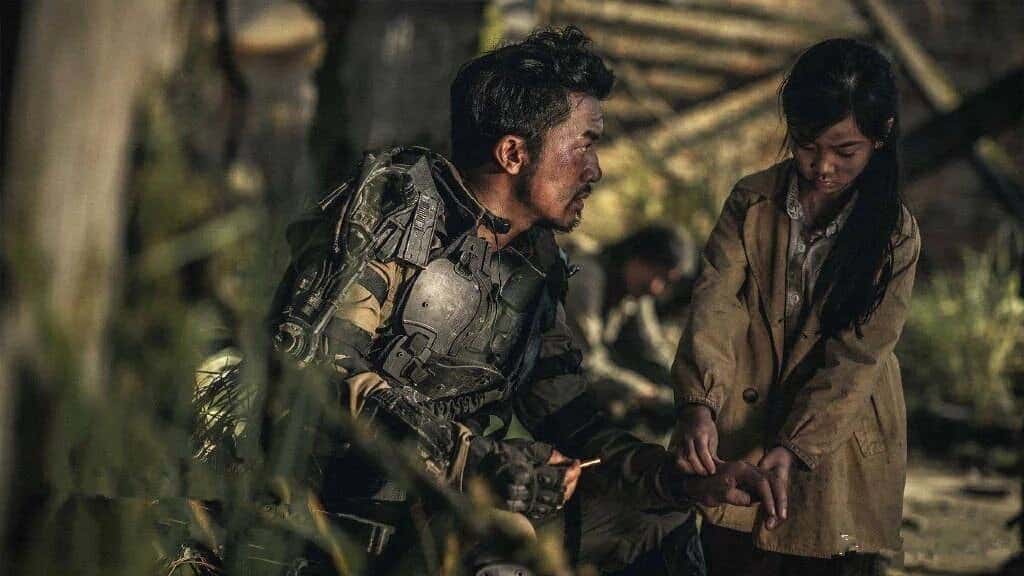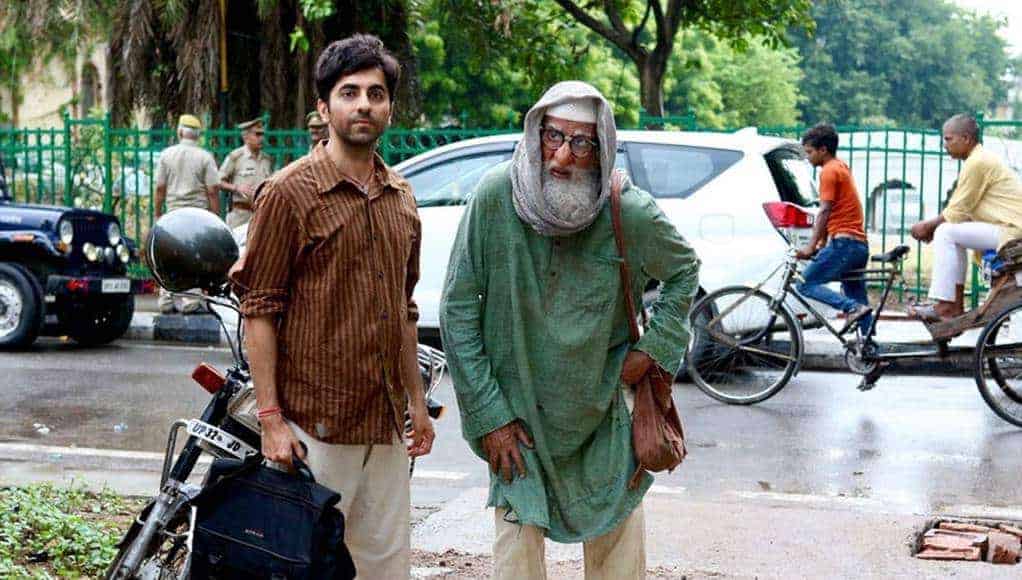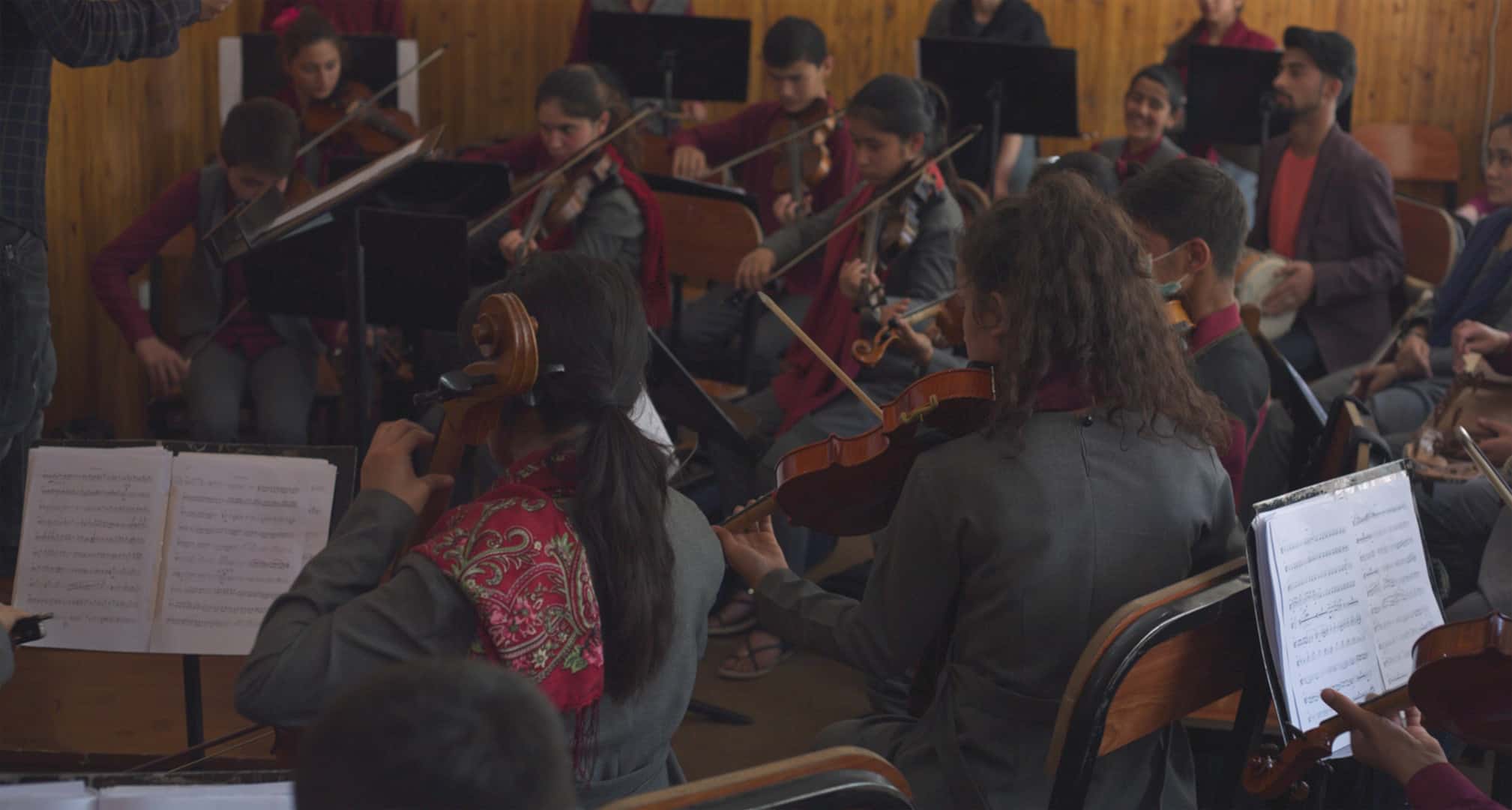by Simon Ramshaw
There is a moment in Jia Zhangke's “Platform” where an argument between a cynic and an idealist creates an unexpected glimpse of a bright future. One of the film's central characters Cui Mingliang (Wang Hongwei) declares “the four modernisations: Industry, Agriculture, Defense and Science” will be embraced by China in the year 2000, and it's no mistake that this statement is a bitterly ironic one for his little town. Taking place between 1979 and 1989, Jia's second feature film looks at the fallout of the death of Mao Zedong and the formation of the People's Republic of China, which leaves the performers of provincial Communist theatre troupes without the purpose they once had in Mao's lifetime. Their stage plays are state-sanctioned propaganda that young and old alike attend in their droves, yet there is the pervasive feeling that this nostalgia will take them nowhere. So what will change for the town of Fenyang in the 10 year span of “Platform”'s epic scope? Not an awful lot, unfortunately.
Buy This Title
on Amazon by clicking on the image below
This quiet drama follows four young members of Fenyang's theatre troupe that stick out like sore thumbs against the elders of their community. Cui Mingliang sees himself as an outsider, identifying himself as an “art worker” in sharp contrast to his “manual worker” younger brother. This disconnect feeds directly into his troubled relationship with Yin Ruijuan (Jia's real-life wife and frequent collaborator Zhao Tao), whose police officer father casts an oppressive shadow on her prospects and freedom. Cui and Yin's ‘will-they?-won't-they?' relationship forms a fine dramatic foil to the tragic tale of Zhang Jun (Liang Jingdong) and Zhong Ping (Yang Tianyi), and the two couples all provide excellent naturalistic performances.
The standout is Zhao Tao in her breakout role, who spends so much screentime alone in silence and holds your gaze with the skill of a seasoned professional. Her scenes with Wang Hongwei (star of Jia's debut, “Pickpocket”, possessing all the laconic aloofness of a French New Wave hero) form the fragile heart of the film, and watching them come into orbit with the free and easy chemistry between Liang and Yang creates a nuanced dramatic tension that beautifully illustrates the highs and lows of falling in love in such a fraught political moment.
Our heroes are in their early twenties by the time the story begins, and it's clear that each of them has already missed their respective boats. Enough of their lives have gone by for their ways to have become set, and since they are tied together by a theatre troupe that has less and less relevance by the day, the question of where to go and what to do becomes a difficult one. The obvious answer seems to embrace the cultural changes in fashion and media around them. The radio broadcasts, live music or political mantras that score the film's first half fall away in the wake of China's ‘open door' policy, where Western influences on culture take hold at the outskirts of the story. It's a gradual change, but the great live events that bring the communes together dissipate, with hokey propaganda songs being switched out for ‘Rock ‘n' Breakdance' performances at the side of a dusty road. Cars pass by without care or consideration, and the sight of two young women enthusiastically dancing their best routine is ignored as part of a cultural moment that just doesn't seem to be sticking out in the sticks of Northern China.
And that is the one constant throughout “Platform”: its terrific sense of time and place. Centrally taking place around Fenyang and other communes in Shanxi, Jia's observational camera takes a look at moments both intimate and magical. Most of the film is composed of unflinching scenes between fractured family units or star-crossed lovers, but there are moments when Jia subtly lets us see the beautiful side of this bleak world. Whether it's Zhao Tao dancing alone in a lamplit post office or a solitary figure by a campfire dwarfed by an impressive mountain range, the sense of yearning for something safer, freer, better is where “Platform” becomes something truly special.
Initially regarded as an ‘underground movie' because of its lack of Chinese state funding, Jia's second chapter of his Shanxi trilogy (preceded by “Pickpocket” and followed by “Unknown Pleasures”) finds its radical politics in refusing to view the changing governmental structure of his country as good or constructive, precisely because of its provincial regions being forgotten and neglected. “Platform” pulls off the rare miracle of making a statement by simply looking at places rotting as time goes by, and with only 11 years to go for Cui's dream of greatness and prosperity to become true, it feels like time has almost run out.


